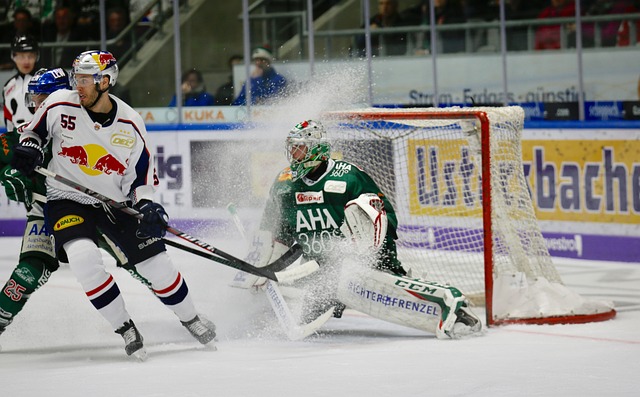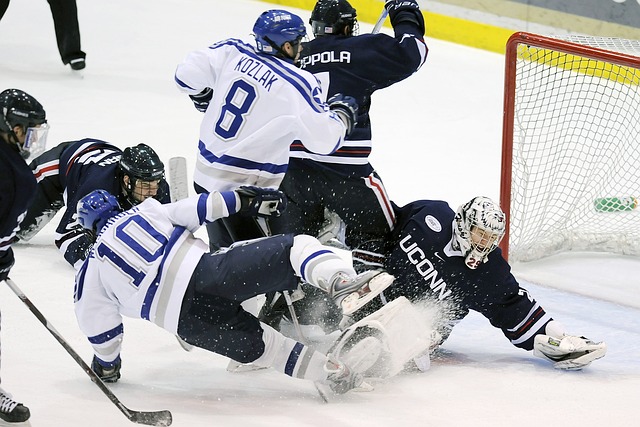In the underground world of betting, language goes far beyond simple words: it is a code, a set of signals and slang that dance between players with the fluidity of a card game. If today betting can take place online with a simple click on online platforms, once upon a time the gaming jargon was essential to keep one’s intentions and strategies secret and, sometimes it was essential to hide the game itself given that in some regions and historical moments gambling has been illegal.
Historical roots of gaming slang
The roots of the game’s slang run deep into the story. As early as the 16th century, English gamblers used cryptic vocabulary to evade laws prohibiting gambling. These verbal codes not only allowed for secret communication, but also created a sense of belonging among initiates. For example, “glim flash” was a term used to describe a rigged game, an expression that confused outsiders while alerting other players to the deception taking place.
The language of cards: terms and expressions

In the card game, every term has a weight, every expression is a potential revelation. In poker, for example, “bluffing” means pretending to have a better hand than the real one, a term that has become so common that it has been adopted into everyday language. Other expressions, such as “fold” to fold from the hand, or “reraise” to increase the bet after an opponent’s increase, are codes that direct the flow and strategy of the game.
Craps and its peculiar vocabulary
Craps, with its roots dating back to the battlefields of World War II, has developed a language that is almost incomprehensible to non-gamblers. Terms like “snake eyes” for dice that show a score of one on both, or “boxcars” for a double six, are examples of how this game has incorporated a colorful and unique vocabulary, enriching the gaming experience with a lively verbal culture.
Cultural influence of betting slang
Betting slang doesn’t remain confined to gaming halls; often, it filters into popular culture, influencing common language. Films, books and television series that portray the gambling environment often draw on this rich lexicon, bringing terms such as “jackpot” or “flop” (from card games such as poker) into everyday use. This phenomenon demonstrates how gambling and its language have an impact that goes far beyond smoky rooms and green tables.
Conclusion: a world of hidden words

The language of betting is more than just a collection of eccentric terms; it is a bridge between yesterday and today, between the secret and the known. This fabric of words is a vital element in gambling, not only to disguise intent, but to enrich the game with a sense of history and mystery. In an era dominated by technology and immediate access, rediscovering these codes is like opening a book of hidden stories, each ready to reveal its secrets to those willing to learn the secret language of betting.
